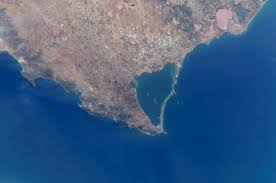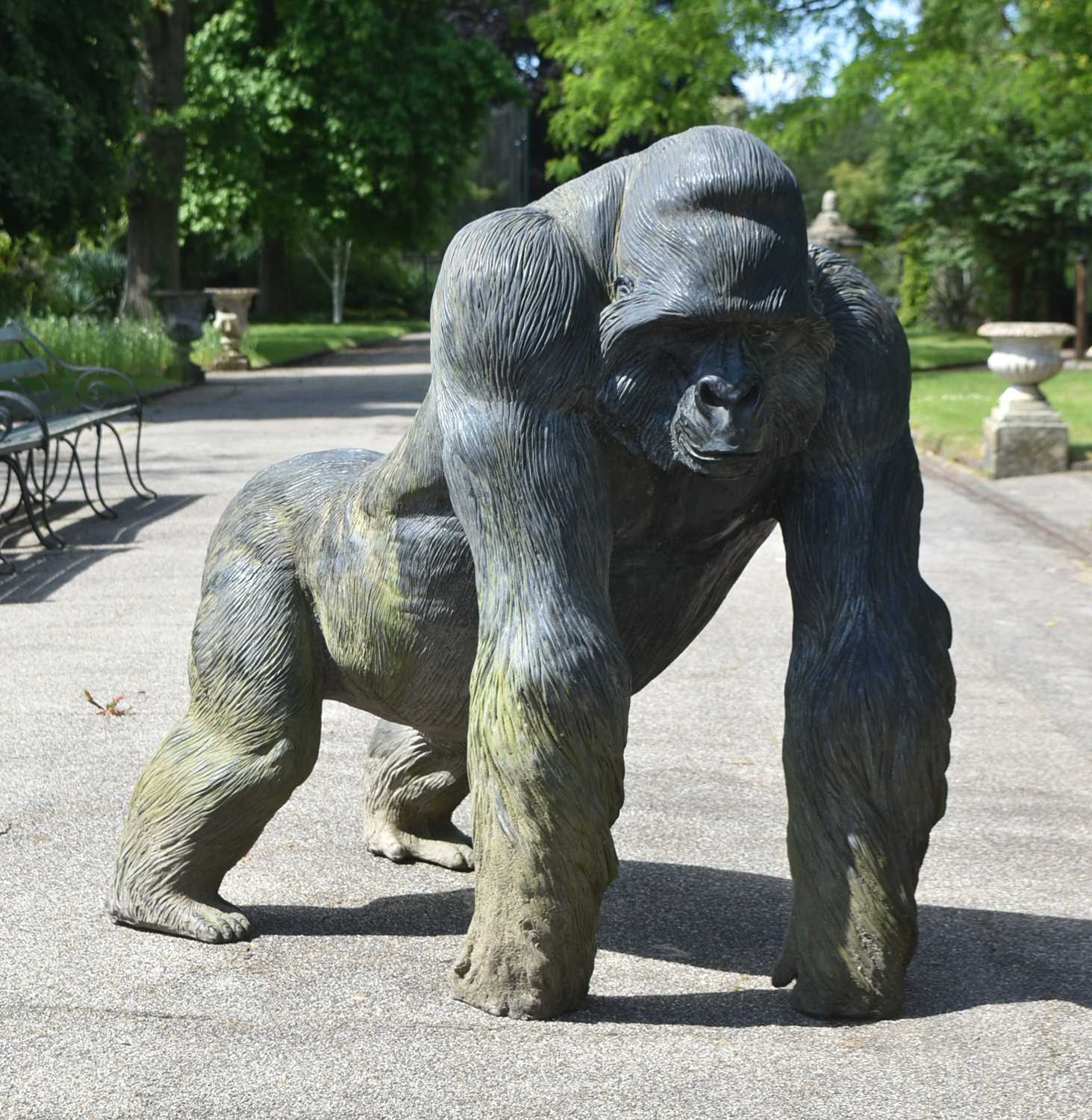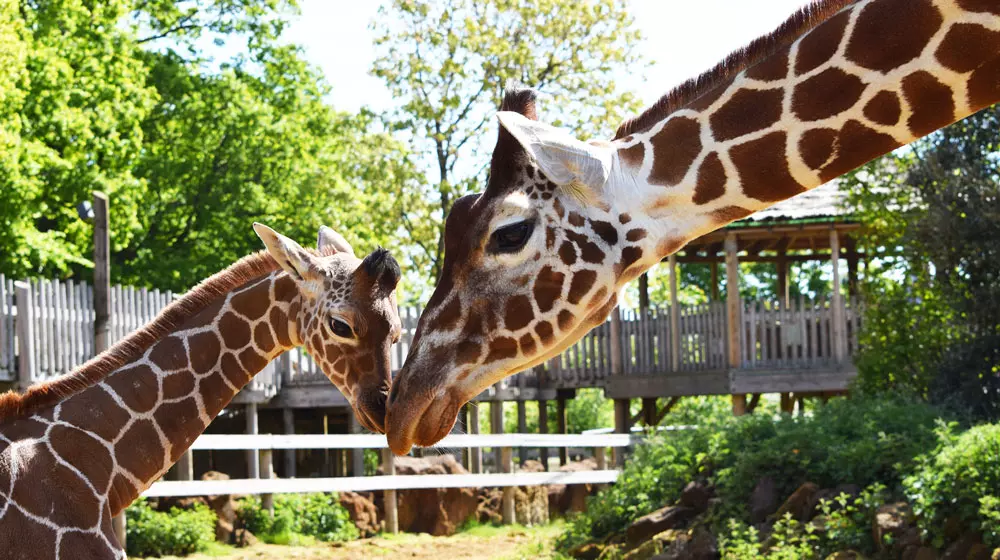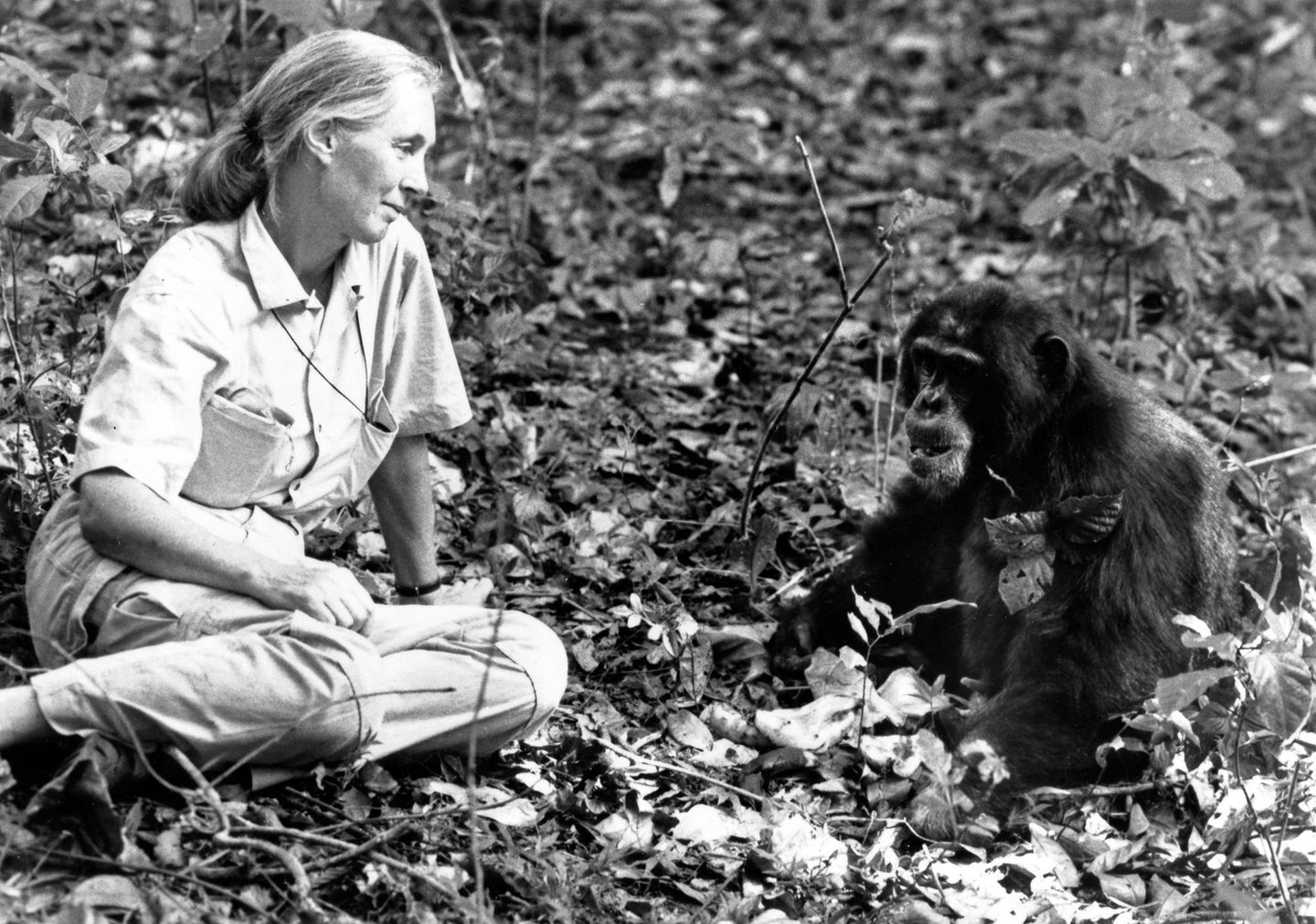
Introduction The Eden Project, located in Cornwall, England, is a remarkable example of human ingenuity intertwined with nature. Since its opening in 2001, it has become one of the UK’s most popular attractions, drawing millions of visitors each year. As a pioneering eco-tourism destination, the Eden Project emphasises the importance of sustainability, biodiversity, and environmental

Introduction Monkeys play a crucial role in the ecosystems they inhabit, acting as both seed dispersers and keystone species. Their presence is vital for maintaining the balance of their environments, making their conservation increasingly important in the face of habitat loss and climate change. This relevance is spotlighted by various recent studies that highlight the

Introduction to the Mar Menor Located in the southeastern coast of Spain, the Mar Menor is the largest saltwater lagoon in Europe, covering an area of approximately 135 square kilometres. This unique ecosystem is crucial not only for its biodiversity but also for the local economy, serving as a vital resource for fishing, tourism, and

Introduction Boa constrictors are one of the most well-known species of snakes, famed for their impressive size and distinctive methods of hunting and constricting prey. As non-venomous snakes, they play a significant role in their ecosystems by regulating populations of smaller animals. Their behaviour and habitat make them a subject of fascination for biologists and

Introduction Bristol Zoo, one of the oldest zoos in the UK, has been a significant site for conservation efforts since its establishment in 1836. The zoo is especially known for its role in gorilla conservation, playing a pivotal part in breeding programmes that aim to ensure the survival of these magnificent primates in the wild.

Importance of Chester Zoo Chester Zoo, one of the UK’s largest and most visited wildlife attractions, plays a crucial role in both animal conservation and education. With over 21,000 animals and more than 500 species, the zoo is not only a habitat for wildlife but also a centre for scientific research and conservation initiatives. It

Introduction Sir David Attenborough, an iconic figure in the world of natural history and broadcasting, has captivated audiences for decades with his enchanting narratives and insightful documentaries. His work has significantly shaped public perception of wildlife conservation and the urgent need to protect our planet. Attenborough’s influence is not just limited to entertainment; it has

Introduction Whipsnade Zoo, part of the Zoological Society of London (ZSL), is one of the largest wildlife conservation parks in the UK. Located in Bedfordshire, it spans over 600 acres and is home to more than 3,500 animals representing over 200 species. The zoo plays a crucial role in wildlife conservation and education, making it

Introduction ‘All Creatures Great and Small’ is not only a beloved literary work by James Herriot but also a reflection of the intricate ecosystems that surround us. This phrase encapsulates the importance of all living beings, fostering an appreciation for biodiversity and the roles each creature plays in our world. As environmental concerns intensify, the

Introduction Jane Goodall, a name synonymous with primate research and wildlife conservation, has made an indelible mark on the understanding of our closest relatives, the chimpanzees. Her pioneering studies in the 1960s challenged the scientific community, reshaping not only primatology but also the way humanity perceives the natural world. As the urgency of conservation efforts